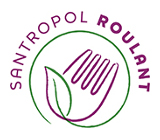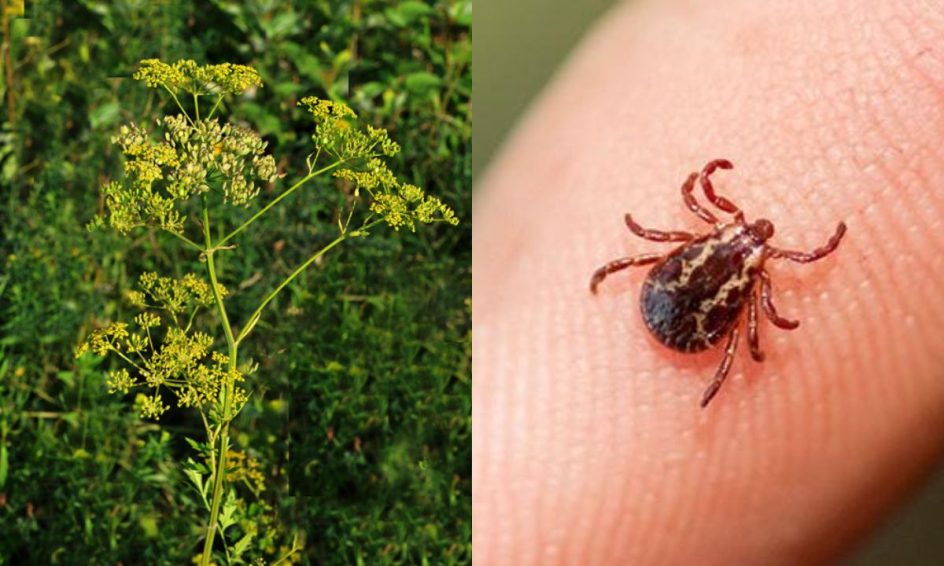Ticks and parsnip poison are gaining ground in Quebec. The West Island of Montreal is now considered an endemic zone, and the Roulant farm has proved to be affected by the presence of parsnip poison and the possibility of ticks.
Parsnip poison, with its harmless flower-like appearance, is an invasive exotic plant that can cause epidermal reactions, often benign. The sap of this plant contains “photosensitizing” toxins. When exposed to sunlight, they make the skin highly sensitive, causing painful reactions. Initial contact with the plant is painless; symptoms appear only after a few hours.
Similarly, ticks, small parasites particularly fond of the humidity of woodlands, mixed and deciduous forests, represent a risk to our farm visitors. A tick bite is also generally painless and often goes unnoticed, but can transmit pathogens if not detected within 24 hours.
To avoid any risk, we recommend wearing pants, long sleeves and closed shoes to limit the risk of exposure to ticks and poison. It’s also important to examine your body and laundry after a shift on the farm to remove any ticks or to determine whether you’ve been exposed to poison.
Please inform us if you do come home with a tick. This is nothing to fear, just something to get
informed about, and let us know if you would like support to get more information
Here are some useful resources to know more about ticks and their risks:
- Lyme diseas symptoms and treatment
- Post-bite follow-up sheet (in French only)
Let’s continue to take care of ourselves and the biodiversity that surrounds us,
– The farm team

